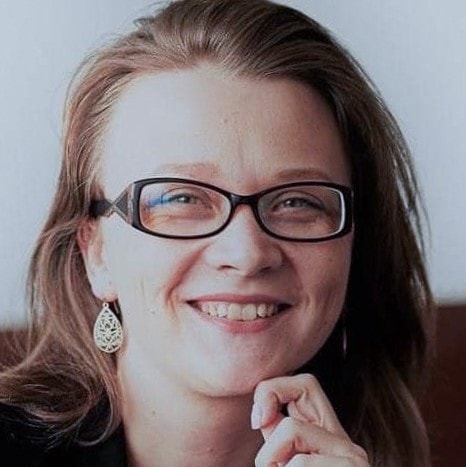Rental prices soar in western Ukraine amid influx of refugees

Millions of Ukrainians have been forced to flee their homes as Russian forces continue to bombard residential areas across the country.
While more than 3 million have gone abroad, many have relocated to western Ukraine, which is currently safer than the rest of the country.
English teacher Oleksiy Shpak and his wife were among those who arrived in western Ukraine escaping the front lines of Russia's war.
Yet two weeks in, the family took a train back to Odesa Oblast. They say it was impossible to find an apartment to rent for a reasonable price across the western Ukrainian regions.
“As soon as a new rental offer appears, dozens of people call realtors,” Shpak told the Kyiv Independent. “Often they don’t even pick up the phone.”
Since Russia launched its all-out war on Feb. 24, many Ukrainians have stepped in to look out for each other through various initiatives.
Many residents in western Ukraine help refugees by providing housing for free, buying food and other goods. But such kind offers are like hot cakes. And if one is not lucky enough to come across caring locals or get help from volunteers, finding affordable housing becomes a true quest.
Shpak says that he was shocked by the $3,750 price to rent a one-room apartment for two months in downtown Uzhhorod, the capital of Zakarpattia Oblast. The cheapest option his family found in the city was $950 to rent a room for two months.
Before the war, apartment prices in Uzhhorod, Ukraine's westmost regional capital, didn't exceed $200 a month for a one-room apartment.
Shpak believes that Ukrainians in the west don't fully realize the scale of the war since they haven't been affected by it as much as other citizens.
“I think that local people don’t feel that danger,” Shpak said.
In Lviv, another western Ukrainian city, $1,000 a month to rent a studio apartment is the new normal.
According to Lviv Mayor Andriy Sadovyi, since the start of the all-out invasion, more than 200,000 people have arrived in the city, increasing its population by almost a third.
While the authorities have provided more than 500 buildings — schools, museums, churches — to house refugees, the demand turned out to be much higher than expected. The temporary shelters are overcrowded, mostly with women, children, and elderly people.
“This is extremely difficult for the city,” Sadovyi said.
Before the invasion, the average rental price for an apartment in Lviv was around $25 per night. On the first day of the war, Feb. 24, local landlords doubled it. In many areas, prices have continued to grow since then, forcing some refugees to change apartments four to five times.
“They see huge demand and are trying to make money on the war," Shpak said.
Relatives of another Ukrainian, Serhiy Belov, rented a studio for $450 a month in Lviv. But when his mother was evacuated from Kharkiv after five days of bombing and joined the family in Lviv, the landlord demanded another $150 for an extra person.
“People lost their jobs there, are sitting under bombardment every day, and here we see such attitude," Shpak said. "It is very frustrating."
Aside from the high prices, there is also the chance to fall for a scam. Some swindlers ask to send a deposit to confirm the booking but as soon as the money is received, they disappear.
“There are many scammers in Lviv now. In one day, I came across four of them,” Lviv resident Iryna Svishch wrote in a Facebook group created for those searching for apartments.
Local authorities have decided to fight back against landlords who unfairly raise prices.
On March 3, mayor Sadovyi encouraged locals to report inflated prices via a governmental hotline. Since then, more than 80 housing offers have been reported.
Sadovyi said he forwarded the information from reports to the Lviv Oblast military administration. The mayor suggested that the housing from the list is used to accommodate military personnel or other people who need it, claiming that the military administration has the authority do that.
In a Facebook post, Sadovyi called on Ukrainians to be united "because only together we will win."










